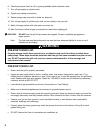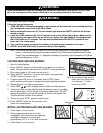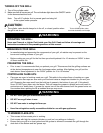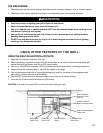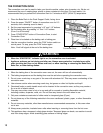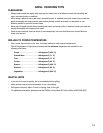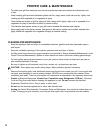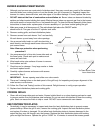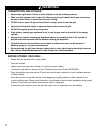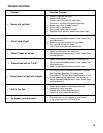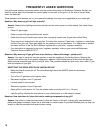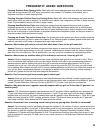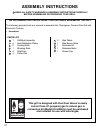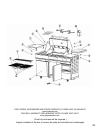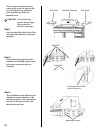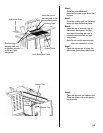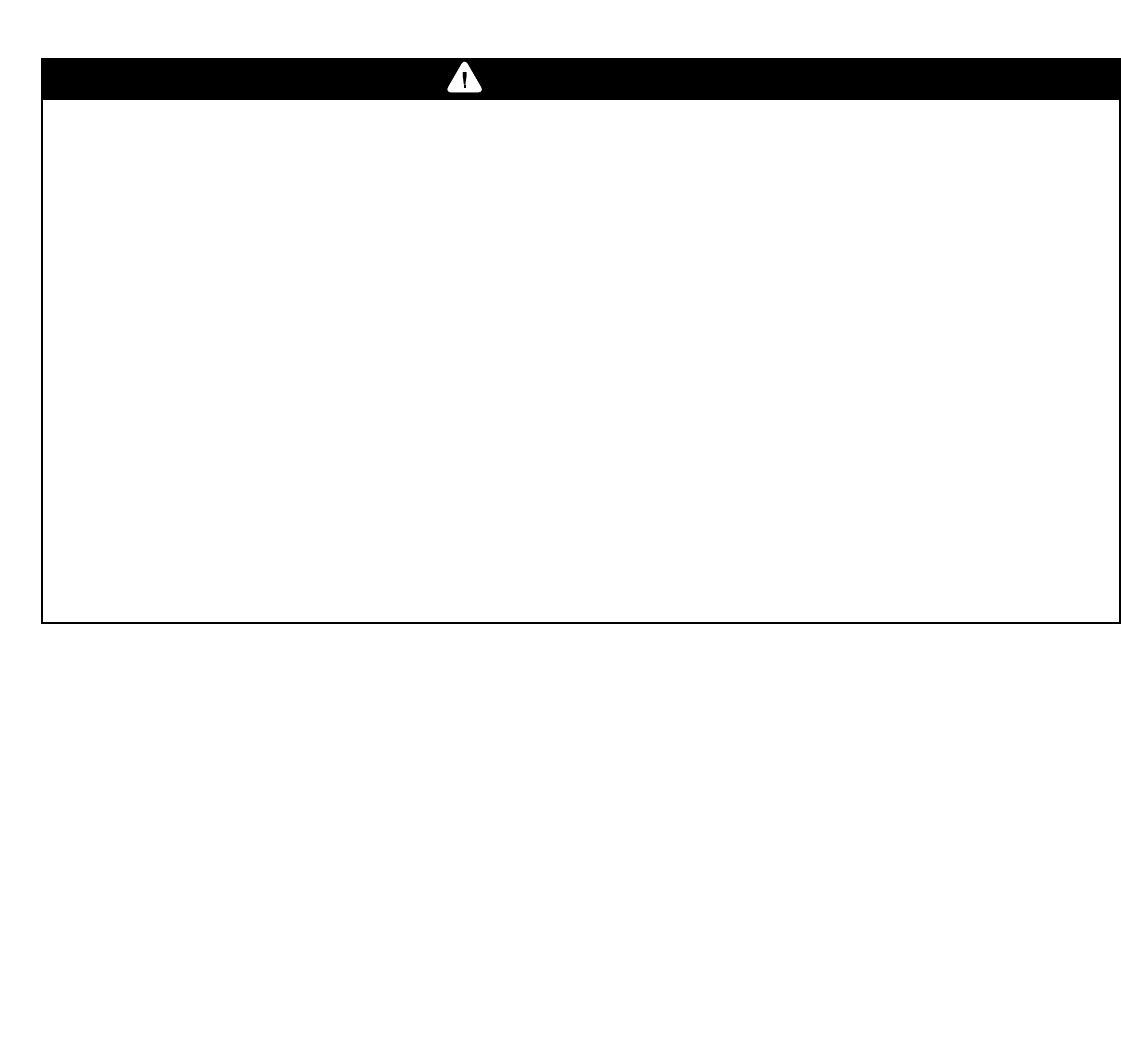
TRANSPORTING AND STORAGE:
• Never move a grill when it is hot or when objects are on the cooking surfaces.
• Make sure that cylinder valve is shut off. After moving the grill check that all gas connections
are free of leaks. Refer to instructions for Leak Testing.
• DO NOT store a spare LP gas cylinder (filled or empty) under or near the grill.
• Never store flammable liquids or spray canisters under or near the grill.
• DO NOT extinguish grease fires using water.
• If the outdoor cooking gas appliance is not in use, the gas must be turned off at the supply
cylinder.
• Storage of an outdoor cooking gas appliance indoors is permissible only if the cylinder is
disconnected and removed from the outdoor cooking gas appliance.
• Cylinders must be stored outdoors out of reach of children and must not be stored in a
building, garage or any other enclosed area.
• When removing the grill from storage, spider webs or other debris may be blocking the burner.
See "Burner Assembly/Maintenance" under Proper Care and Maintenance.
BEFORE STORING YOUR GRILL:
• Ensure that the cylinder valve is fully closed.
• Clean all surfaces.
• Lightly coat the burners with cooking oil to prevent excess rusting.
• If storing the grill indoors, disconnect the LP tank and leave the LP tank OUTDOORS.
• Place a protective cap cover on the LP tank and store the tank outdoors in a well ventilated area out
of direct sunlight.
• Clean burner prior to use after storing, at the beginning of grilling season or after a period of one
month not being used. Spiders and insects like to build nests in burner tubes (especially during colder
months). These nests can cause fires in burner tubes or under grill.
• If storing the grill outdoors, cover the grill with a grill cover for protection from the weather.
WARNING
17



